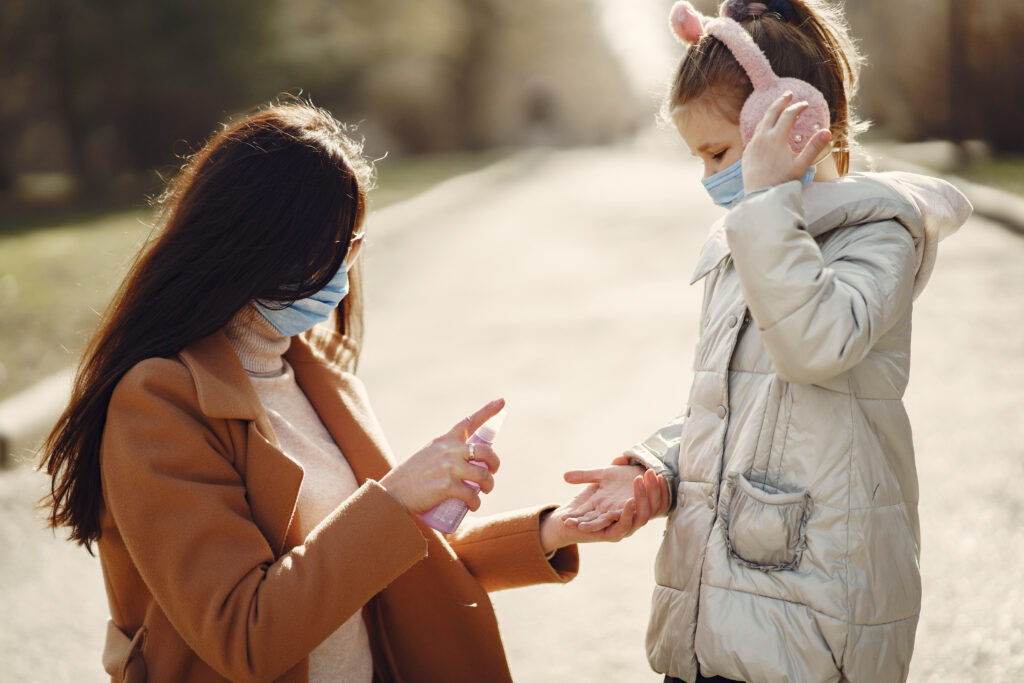
Obviously, they have learned……..
but also they can learn…….
https://www.psychologytoday.com/us/blog/creative-development/202004/what-can-children-learn-covid-19
https://www.psychologytoday.com/au/blog/the-gen-y-psy/201901/5-skills-add-your-emotional-toolbox
So much has changed for our children during this time of the COVID19 global pandemic. There is a lot of information out there and you may feel bombarded. The trick is to be discerning, get your information from reputable sources such as those listed below.
Meanwhile, let’s keep looking at the sunny side, get happy, clap along and dance like nobody’s watching.Thankyou Pharrell Williams…….
Pharrell Williams – Happy (Official Music Video)
Written by Mary Digges, MDR Education, Early Childhood Consultant for Angsana Education.
* Mary Digges is a happy early childhood teacher, lecturer, trainer, assessor and consultant in education and has long promoted bilingual and multilingual education. Mary has worked in Australia, Singapore and China.
References